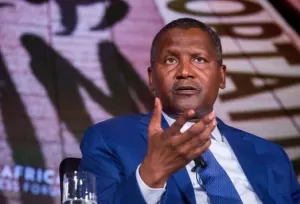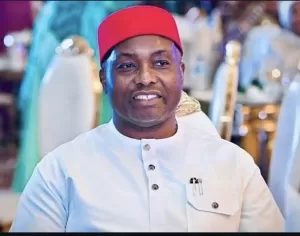MK Abiola and The Freedom of Nigeria 25 Years Democracy

MK Abiola, also known as Moshood Kashimawo Olawale Abiola, was a prominent Nigerian businessman, publisher, and politician. Born on August 24, 1937, into a poor family in Nigeria, Abiola rose from humble beginnings to become a significant figure in Nigerian politics and business. He received his education at Baptist Boys’ High School and later earned a scholarship to the University of Glasgow, Scotland, where he obtained a degree in economics.
Abiola was known for his outspoken political views and even lobbied for reparations for African enslavement and the exploitation of Africa’s resources by European nations. He was a devout Yoruba Muslim, hailing from a region in Nigeria divided between Christian and Muslim communities. In addition to his political pursuits, Abiola was a successful businessman, amassing a fortune through various enterprises, including publishing, communications, and oil.
Abiola’s political journey included a bid for the presidency of Nigeria in 1993. He ran on the platform of the Social Democratic Party (SDP) and was believed to have won the election, which was considered the freest and fairest in Nigeria’s history. However, the results were annulled by then military president Ibrahim Babangida, leading to widespread protests and civil unrest. Abiola continued to advocate for democracy and was eventually arrested. After four years in detention, Abiola died on July 7, 1998, under disputed circumstances.
Abiola’s legacy has been commemorated in various ways. In 2018, he was posthumously awarded the National honour Grand Commander of the Order of the Federal Republic (GCFR), and Nigeria’s democracy day was changed to June 12 in his honour. His wife, Kudirat Abiola, was also recognized for her role in the fight for democracy, having been assassinated during the struggle.
The story of MK Abiola and the struggle for democracy in Nigeria is one of perseverance, courage, and the fight for justice. It serves as a reminder of the importance of upholding democratic values and the sacrifices made by those who fought for them.







